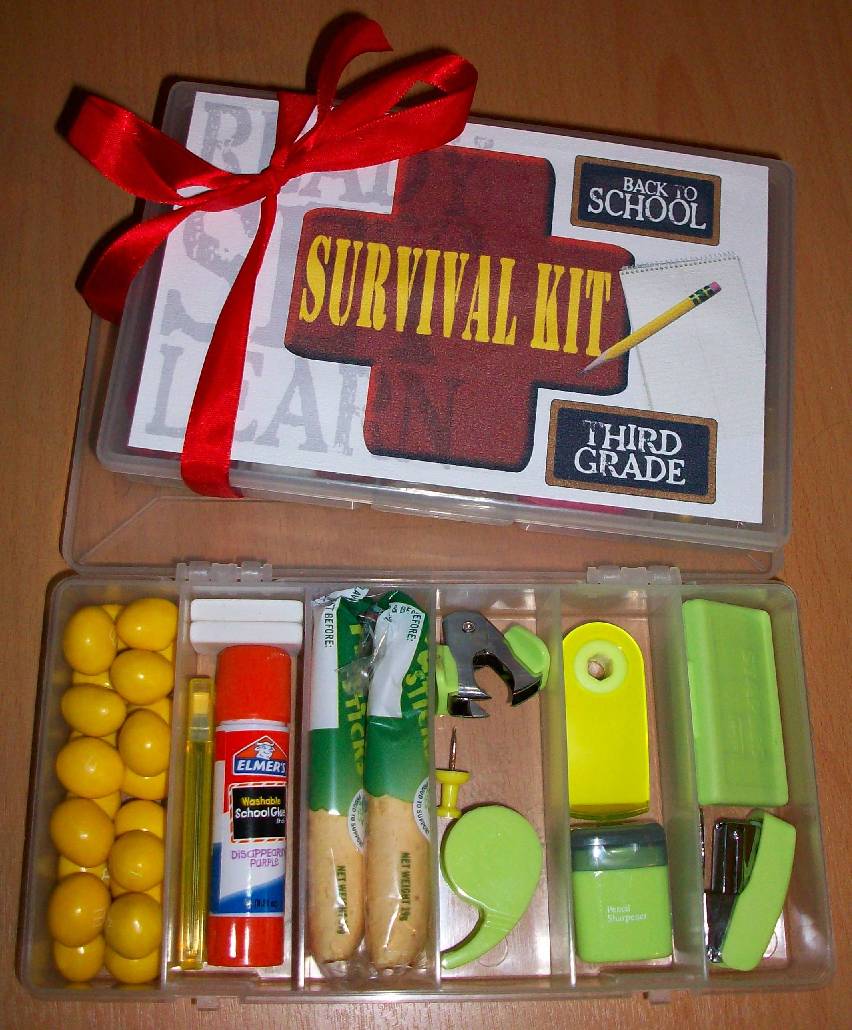

Instructions such as sit in a circle, stand in a line, hands on heads, and stop and listen need to be taught as early as possible and used in every class so students remember them. Establishing routinesĬhildren need classroom routines, and they will need to learn the language involved in the routines early on. These tips are relevant for teachers of both children and teenage learners. When referring to young learners, we are generally talking about five- to 12-year-olds, but many schools include teenage learners in their young learner offer. Many teachers start teaching young learners with little or no previous experience of the age group, and it can often be a ‘sink or swim’ experience – with a fair bit of treading water in order not to drown. Young learners is a growing area in the TEFL industry. Tips for teaching young learners Activities for young learners Sustainable Development and Global Citizenship.You won't get far without clean, reliable water, so save those containers and stock up.

When you go on No grid, you'll find very quickly that water is a precious resource. You can bring water to your home site in various different ways, such as rainwater harvesting, digging a well, or using wind or solar power to supply H2O to your home via a freshwater source. It's pumped straight to their homes through the public utility or a well. Water - On-grid dwellers don't have to worry about sourcing water. There are so many reasons to unplug and set up shop on your very own piece of land, but you absolutely should not go forward with this lifestyle if you don't have access to the three basic requirements of homesteading:ġ.

The three most basic requirements of No-grid living Whether you call it homesteading, No-grid living, or permanent camping, living No the land is a rewarding way to train yourself and your family to be fully self-sufficient. In other words, those who live off the land survive by hunting or foraging for their food and harvesting power from natural sources like the sun or wind. If you're reading this, you're probably already relatively well-versed in the No-grid lifestyle, but, for those of you who are brand-new to the idea of going rogue, here's a bit of a rundown: Living No the land means to survive only by the resources-food, water, and power, primarily-that can be harvested from the natural land.


 0 kommentar(er)
0 kommentar(er)
